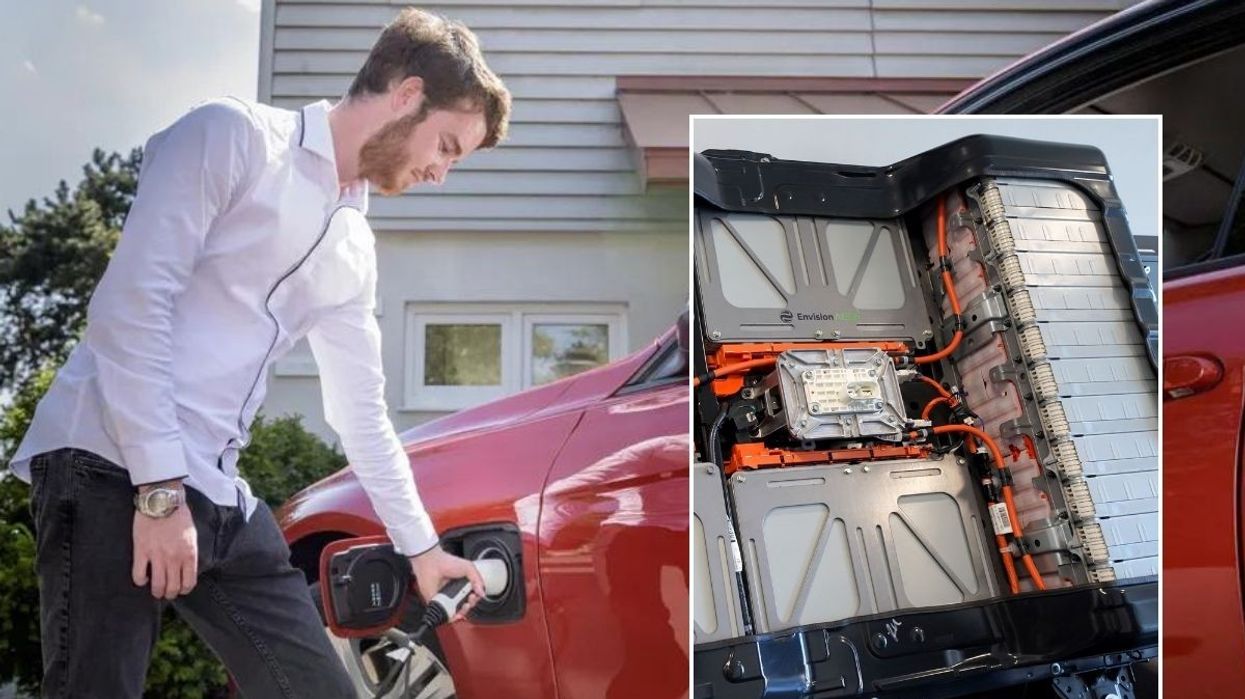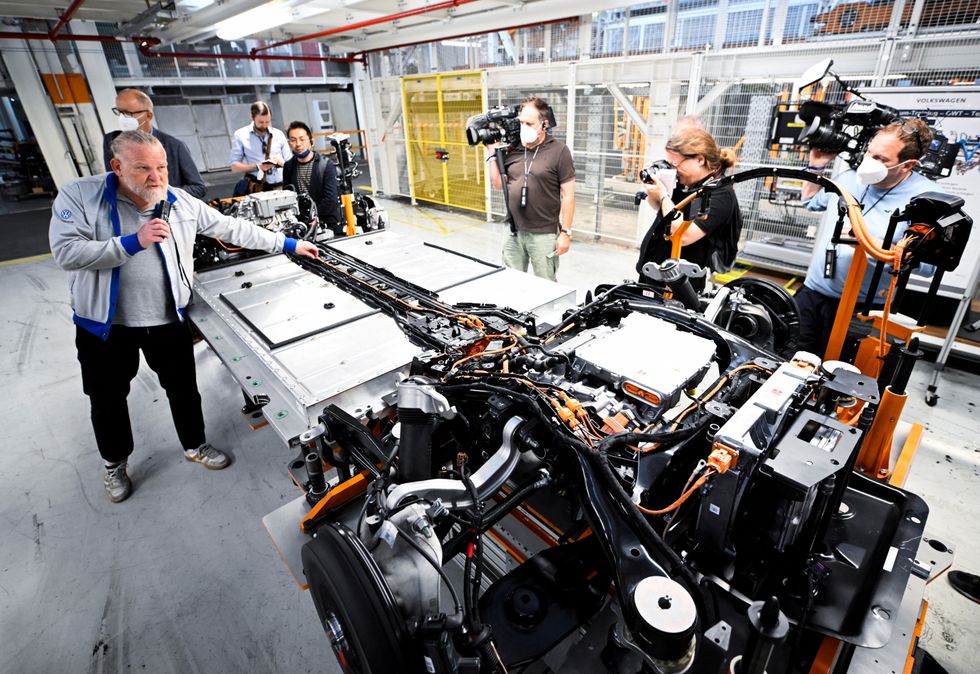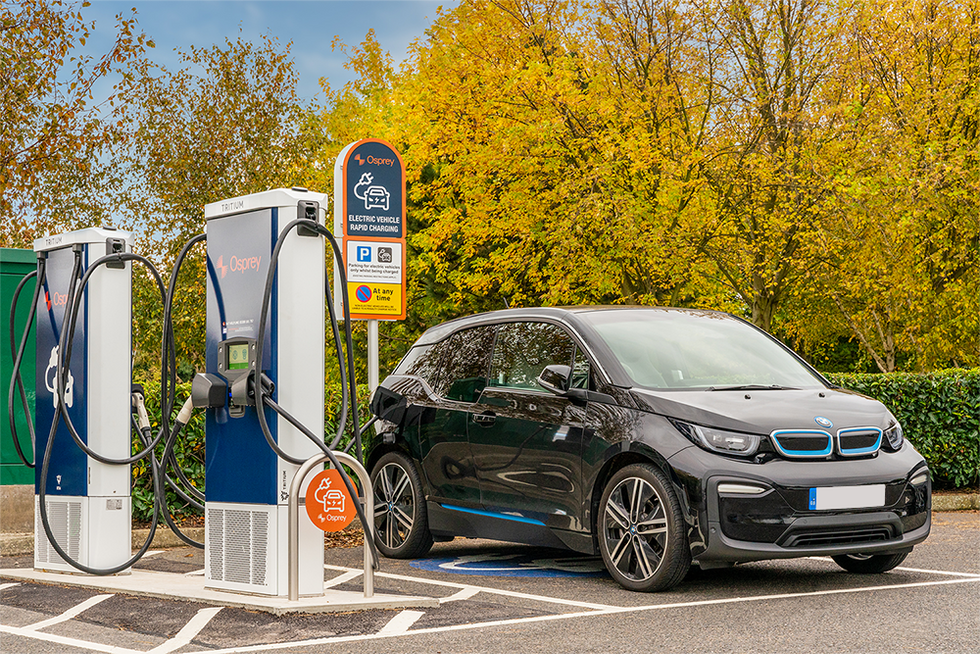Electric car batteries last 20 years or more and can 'comfortably outlast the usable life of the vehicle'

Electric vehicle battery health is constantly improving
|GETTY/REUTERS

Switching to an electric car could save businesses £13,279 per vehicle over seven years
Don't Miss
Most Read
Latest
New research has found that electric vehicle batteries can last for 20 years or more and can outlast the usable life of a vehicle, quashing fears of battery issues.
Following battery health analysis of around 5,000 electric vehicles, it was found that batteries have a degradation rate of just 1.8 per cent per year.
Representing 1.5 million days worth of data, the average battery health has improved by 22 per cent over the past five years when degradation was at 2.3 per cent in 2019.
The analysis, from transport solutions company Geotab, said the degradation was generally slower than internal combustion engine (ICE) drivetrain components.
Do you have a story you'd like to share? Get in touch by emailing motoring@gbnews.uk

The battery health of the best-performing EVs decline by just one per cent
|REUTERS
Degradation is natural in batteries, with the Geotab analysis showing that some of the best-performing electric vehicle models have a degradation rate of just one per cent.
This could be down to superior battery chemistry, the thermal management of the battery pack and how much stress the battery is under based on usage.
One insight from the research is that high-use electric vehicles did not show significantly higher battery degradation than others, boosting EV confidence with fleets.
David Savage, Vice President for the UK and Ireland at Geotab, said: "With these higher levels of sustained health, batteries in the latest EV models will comfortably outlast the usable life of the vehicle and will likely not need to be replaced.
"However, we still see battery reliability being used as a stick to beat EVs with. Hopefully, data like ours can finally put these myths to bed.
"The fact is that a 1.8 per cent decline in battery health is unlikely to have a significant impact on most driver’s daily vehicle needs, and this number will only come down further with new EV models and improved battery technology."
He added that people "should feel confident" that many current electric vehicles are suitable and cost-effective to replace their existing petrol and diesel vehicles.
Experts predict that degradation rates will continue to fall in the coming years as battery technology improves, which will be welcomed by drivers.
Data from earlier this year found that two-thirds of cars and vans operated by private and public sector organisations in the UK are ready to go electric.
It also revealed that fleets and businesses could save an average of £13,279 per vehicle over seven years when replacing petrol and diesel cars with EVs.
Confidence in electric vehicles will continue to soar with the revelations that battery degradation is not an issue, in addition to the continued growth of the EV charging network.
According to the latest data from Zapmap, there are 69,273 charging devices across the UK, a significant 41 per cent increase year-on-year.
LATEST DEVELOPMENTS:

The UK aims to have 300,000 EV chargers by the end of the decade
| OSPREY CHARGINGExperts hope the charging industry will stick to the target of installing 300,000 chargers by the end of the decade to ensure drivers have confidence in the infrastructure and do not feel left out if they don't have a driveway.










